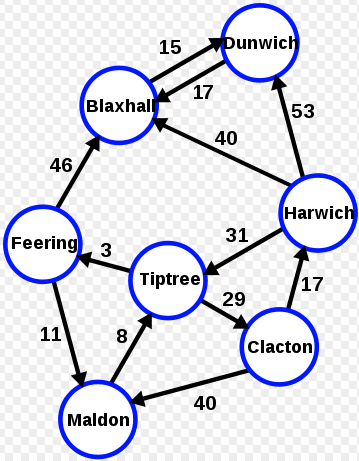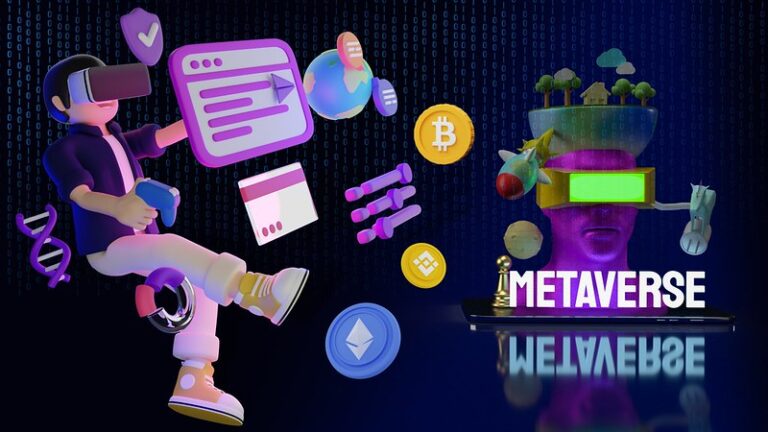Future Of Work!!!
The rise of artificial intelligence (AI) is having a profound impact on the world of work. AI is already being used to automate tasks in many industries, and it is expected to displace millions of jobs in the coming years.
However, AI is also creating new jobs and opportunities. AI-powered tools are making it possible for workers to do their jobs more efficiently and effectively. AI is also being used to create new products and services, which is creating new jobs in areas such as software development, data science, and customer service.
The future of work in the age of AI is uncertain. Some experts believe that AI will lead to mass unemployment, while others believe that it will create a new era of prosperity and opportunity.
Here is a more detailed look at some of the possible scenarios for the future of work in the age of AI:
- The AI-powered workforce: In this scenario, AI automates most jobs, and humans are left with a small number of high-skilled, creative jobs. This could lead to a widening gap between the rich and the poor, as those with the skills to work with AI reap the benefits, while those without these skills are left behind.
For example, AI-powered robots could automate many of the tasks that are currently performed by factory workers. This could lead to widespread job losses in the manufacturing sector. However, AI could also create new jobs in the areas of robot maintenance and programming.
- The human-AI partnership: In this scenario, humans and AI work together to create a more productive and efficient workforce. Humans provide the creativity and problem-solving skills that AI lacks, while AI provides the speed and accuracy that humans cannot match. This could lead to a more equitable society, as everyone has the opportunity to contribute to the workforce, regardless of their skills.
For example, AI could be used to analyze large amounts of data to identify patterns and trends. This information could then be used by humans to make better decisions. AI could also be used to automate tasks that are dangerous or repetitive. This would free up humans to focus on more creative and strategic work.
- The AI-dominated workforce: In this scenario, AI becomes so powerful that it surpasses human intelligence. Humans are no longer needed in the workforce, and they are left to live on a basic income provided by the government. This could lead to a dystopian future, where humans are little more than pets or slaves to AI.
This scenario is unlikely to come to pass, as humans will always have unique skills and abilities that AI cannot replicate. However, it is important to be aware of the potential risks of AI, and to take steps to mitigate them.
Here are some things that we can do to prepare for the future of work in the age of AI:
- Upskill and reskill: We need to make sure that we have the skills that will be in demand in the future. This means upskilling in areas such as data science, software development, and customer service. It also means reskilling in areas where our jobs are being automated.
There are many resources available to help us upskill and reskill. We can take online courses, attend workshops, or get certified in new skills. We can also talk to our employers about our career development needs.
- Be creative and entrepreneurial: In the age of AI, we will need to be more creative and entrepreneurial than ever before. We need to be able to come up with new ideas and solutions that AI cannot replicate. We also need to be able to start our own businesses and create our own jobs.
There are many opportunities for creativity and entrepreneurship in the age of AI. We can use AI to develop new products and services, or to find new ways to market our existing products and services. We can also use AI to automate tasks that are currently performed by humans, freeing up our time to focus on more creative and strategic work.
- Demand fair and equitable policies: We need to make sure that the benefits of AI are shared fairly. We need to demand policies that protect workers’ rights and ensure that everyone has the opportunity to participate in the workforce.
There are many ways to demand fair and equitable policies. We can contact our elected representatives, sign petitions, and attend protests. We can also educate ourselves about the issues and talk to our friends and family about them.
Final Thoughts
The future of work in the age of AI is uncertain, but it is clear that we need to start preparing for it now. By upskilling, reskilling, being creative, and demanding fair policies, we can help to ensure that we have a bright future in the age of AI.



